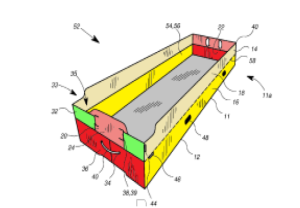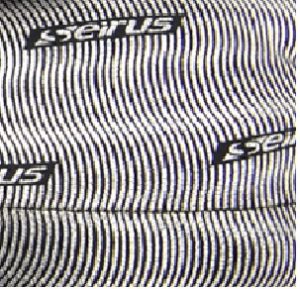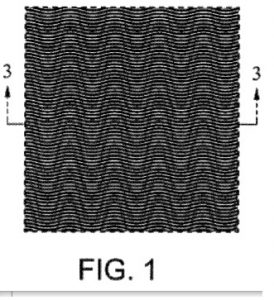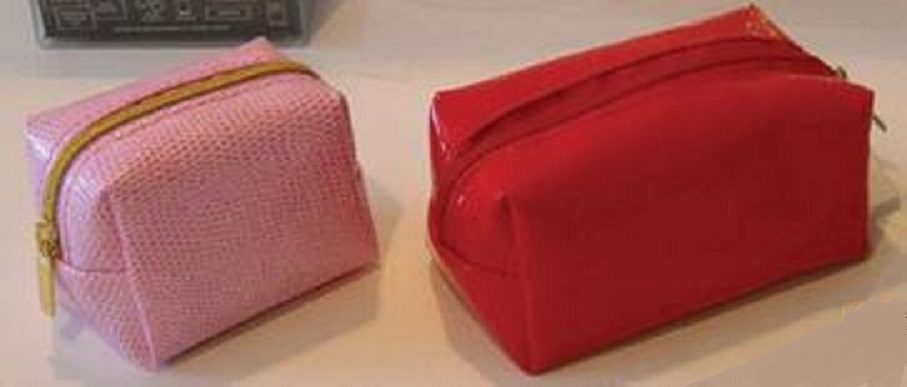Indianapolis, IN – The Southern District of Indiana has denied all summary judgment motions of both plaintiff CleanTech and all defendants in this multi-district litigation involving patents issued by the US Patent Office.
GreenShift Corp.  and its subsidiary GS CleanTech Corp. (“CleanTech”) have brought a series of suits alleging infringement of their family of patented methods of extracting corn oil from byproducts of ethanol manufacturing. This multi-district litigation, In re Method of Processing Ethanol Byproducts and Related Subsystems (‘858) Patent Litigation, consolidates 11 separate actions in multiple states involving several similar patents in the Southern District of Indiana.
and its subsidiary GS CleanTech Corp. (“CleanTech”) have brought a series of suits alleging infringement of their family of patented methods of extracting corn oil from byproducts of ethanol manufacturing. This multi-district litigation, In re Method of Processing Ethanol Byproducts and Related Subsystems (‘858) Patent Litigation, consolidates 11 separate actions in multiple states involving several similar patents in the Southern District of Indiana.
The defendants are: Big River Resources Galva, LLC; Big River Resources West Burlington, LLC; Cardinal Ethanol, LLC; ICM, Inc.; LincolnLand Agri-Energy, LLC; David J. Vander Griend; Iroquois Bio-Energy Co., LLC; Al-Corn Clean Fuel; Blue Flint Ethanol, LLC; ACE Ethanol, LLC; Lincolnway Energy, LLC; United Wisconsin Grain Producers, LLC; Bushmills Ethanol, Inc.; Chippewa Valley Ethanol Co.; Heartland Corn Products and Adkins Energy, LLC.
The initial litigation alleged infringement of one patent, U.S. Patent No. 7,601,858 (the “‘858 patent”), which was issued on October 13, 2009. CleanTech sued GEA Westfalia Separator, Inc. (not a party in this matter) and others alleging infringement of that patent shortly after its issuance.
Allegations of infringement of three additional patents, U.S. Patent Nos., 8,008,516 (the “‘516 patent”), 8,008,517 (the “‘517 patent”) and 8,283,484 (the “‘484 patent”; collectively known, together with the ‘858 patent, as the “‘858 patent family”) were later added. The patents in the ‘858 family share an identical specification and have substantially similar claim terms. As such, the court concluded that the construction of the ‘858 patent applied to all of the asserted claims in the other patents in the ‘858 family.
CleanTech’s patented methods recover corn oil by evaporating, concentrating and mechanically separating thin stillage (“stillage”), a byproduct of ethanol produced from corn, into two components: corn oil and a post-recovery syrup (“syrup”) with most of its corn oil removed. In the patents, the term “substantially oil free” (and the essentially identical term “substantially free of oil”) had been used to describe the syrup after the patented process had removed the corn oil.
The defendants argued that this language required that, to infringe upon the patented processing, a removal process must remove almost all of the corn oil from the syrup. The defendants moved for a finding on summary judgment that they had not infringed, arguing that the patented process did not include one which did not render the processed syrup “substantially oil free.” The court disagreed that this was the proper construction of the term.
Defendants also asked the court to construe “substantially oil free” to require that at least 95% of the oil from the unprocessed stillage be removed by the patented oil-removal process, thus rendering any less efficient process non-infringing. While the court agreed that a comparison between the oil levels in the input stillage and the output syrup was appropriate when considering the term, it declined to limit the protection afforded by the patent to this, or any, specific percentage and held that the term “substantially oil free” was to be interpreted according to its ordinary meaning.
In addressing the issue, the court discussed the language of the various patents and noted that, across the entire ‘858 patent family, the term “substantially oil free” had been found in only two substantially similar claims. Further, the one reference found in the specification had been parenthetical — “[r]ecombining the syrup (which is substantially free of oil) from the centrifuge…” — and, according to the court, “almost an afterthought.”
In sum, on this issue, the court found that none of the claims in the ‘858 patent family required that the post-oil-recovery syrup be substantially free of oil and concluded, instead, that the ‘858 patent family merely disclosed that the post-oil-recovery syrup was “substantially free of oil.” The court held that the primary focus of the invention was not the amount of oil that remained in the syrup but, instead, on the recovery of oil.
Additionally, the defendants (except Adkins) asked the court to revisit an earlier construction of the term “substantially oil,” as applied to the corn oil captured, asking that it be held to mean that the oil must be nearly pure. Defendant Cardinal further argued that the “substantially oil” term should be construed to mean nearly 100% pure, with only trace amounts of contaminants. The court declined to readdress the construction of this term.
The court also denied CleanTech’s motions for summary judgment against various defendants.
Finally, the court acknowledged that, since receiving the parties’ summary judgment motions, it had allowed CleanTech to amend its complaints against each defendant such that nearly all patents in the ‘858 family were asserted against each defendant. Consequently, all summary judgment motions were denied without prejudice and with leave to re-file them to address the amended complaint.
Practice Tip #1: Multi-district litigation affords consistency and judicial economy, as well as allowing plaintiffs and defendants to concentrate their efforts in one forum. However, lawsuits that are not settled before trial must later be remanded to the transferring court and to a judge who has had little opportunity to become familiar with the issues.
Practice Tip #2: In this case, CleanTech filed suit almost immediately after the issuance of the first of the patents in the ‘858 family. Thus, damages are limited to a reasonable royalty upon a showing that an infringer had actual notice of the published patent application and that the patent was subsequently issued on essentially the same claims. As such, if a patent is filed in anticipation of litigation, it is wise to provide such notice immediately upon publication of the patent application.
Continue reading
 Indiana Intellectual Property Law News
Indiana Intellectual Property Law News






